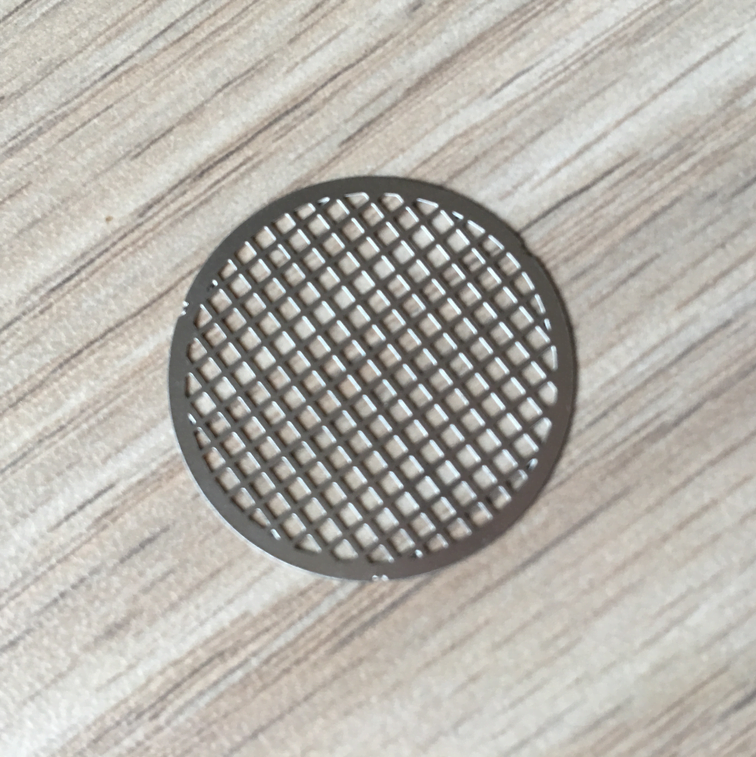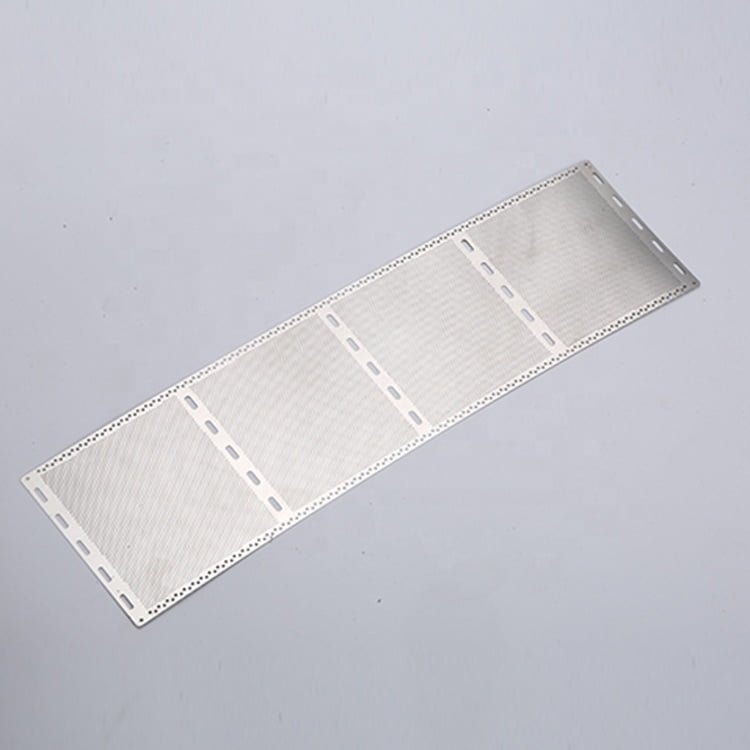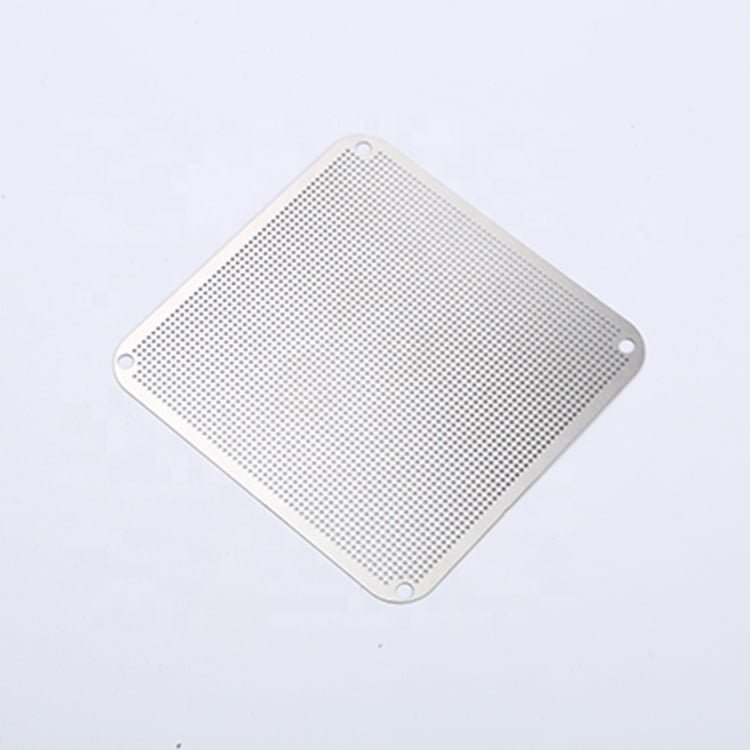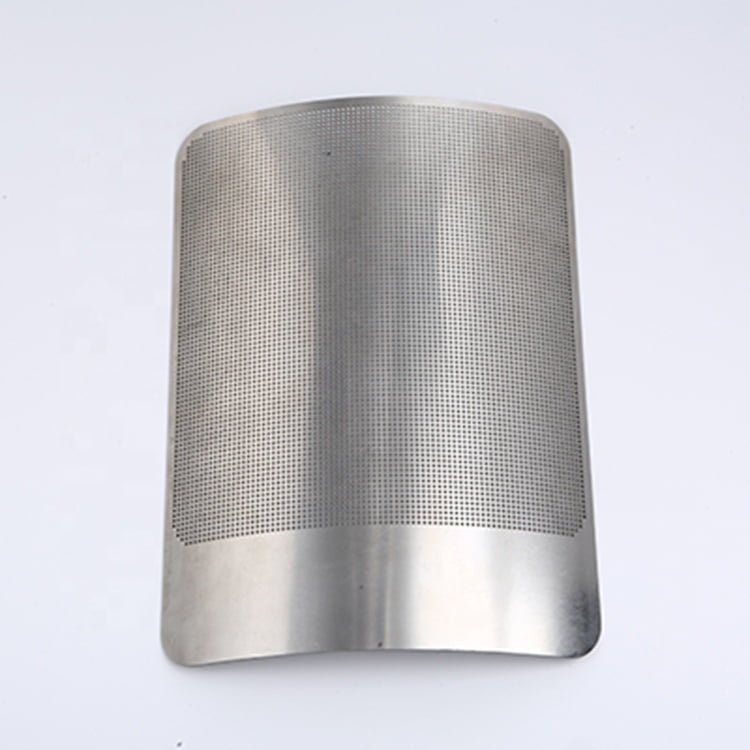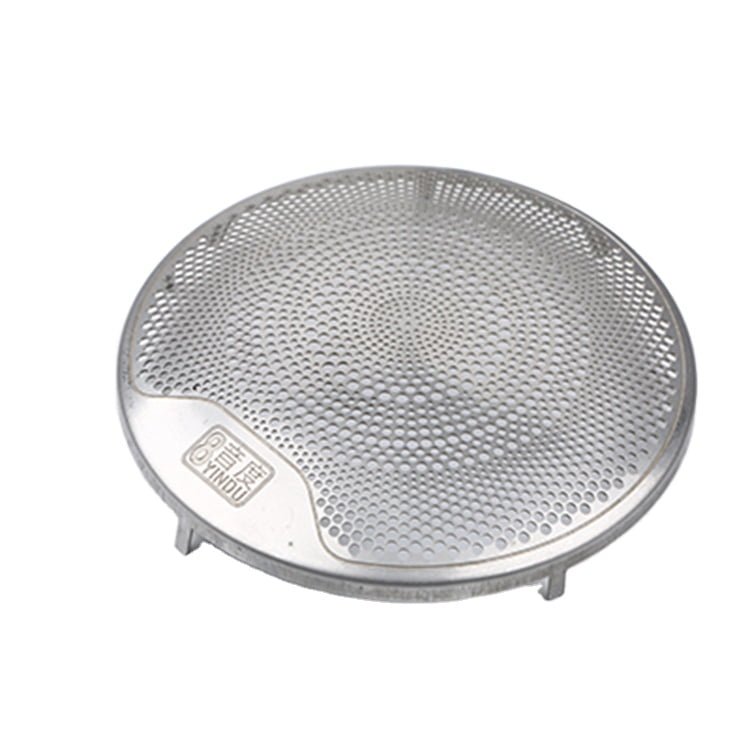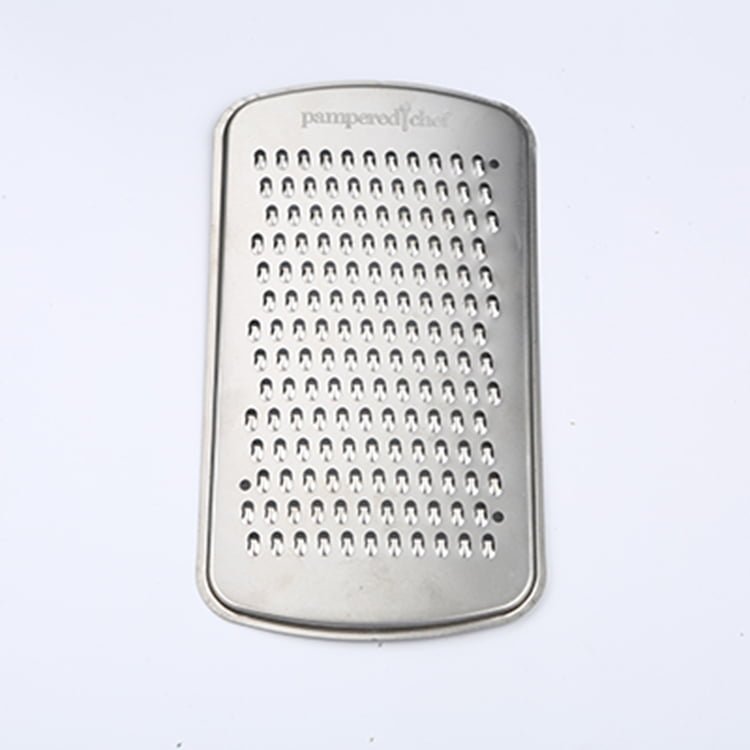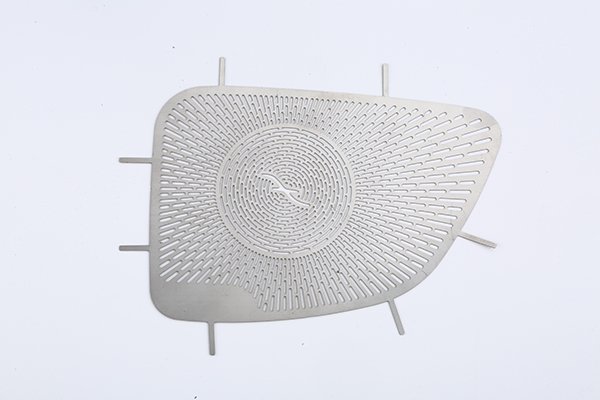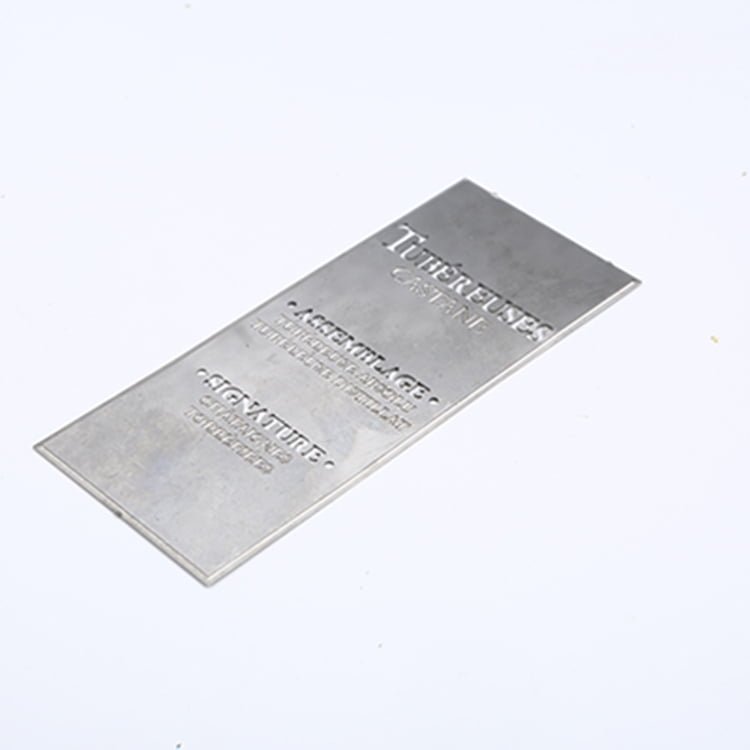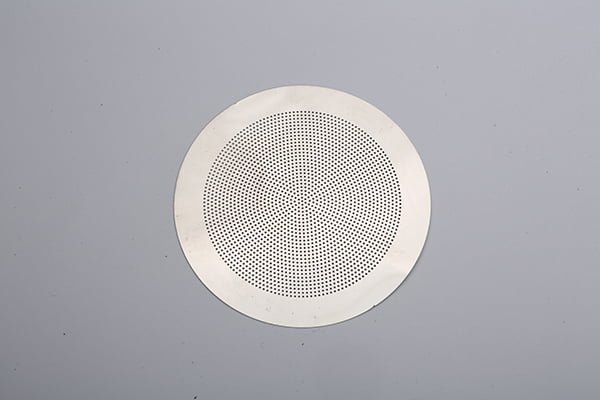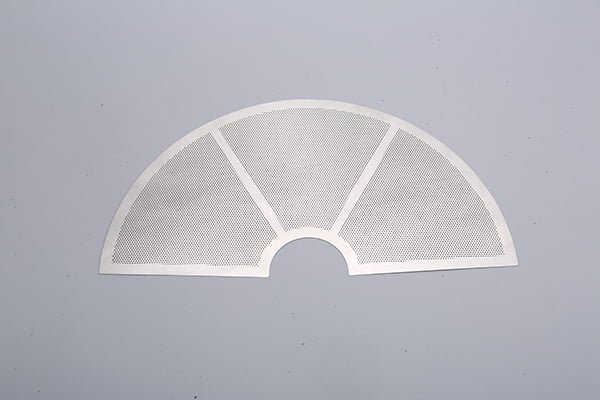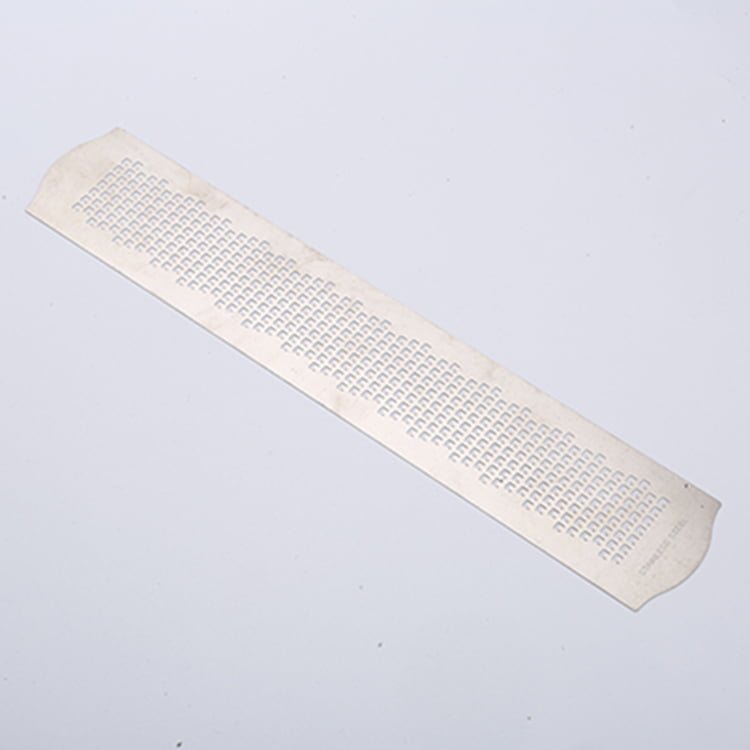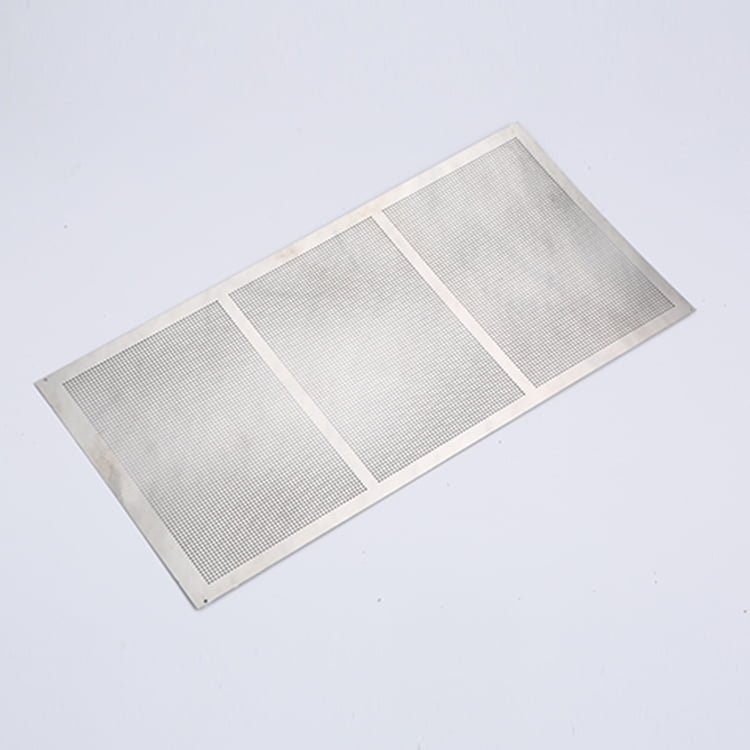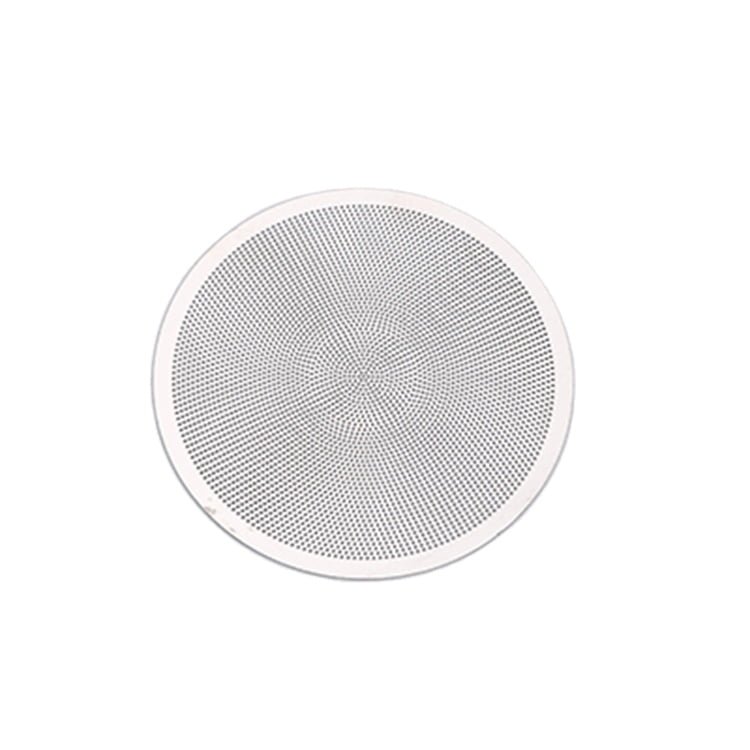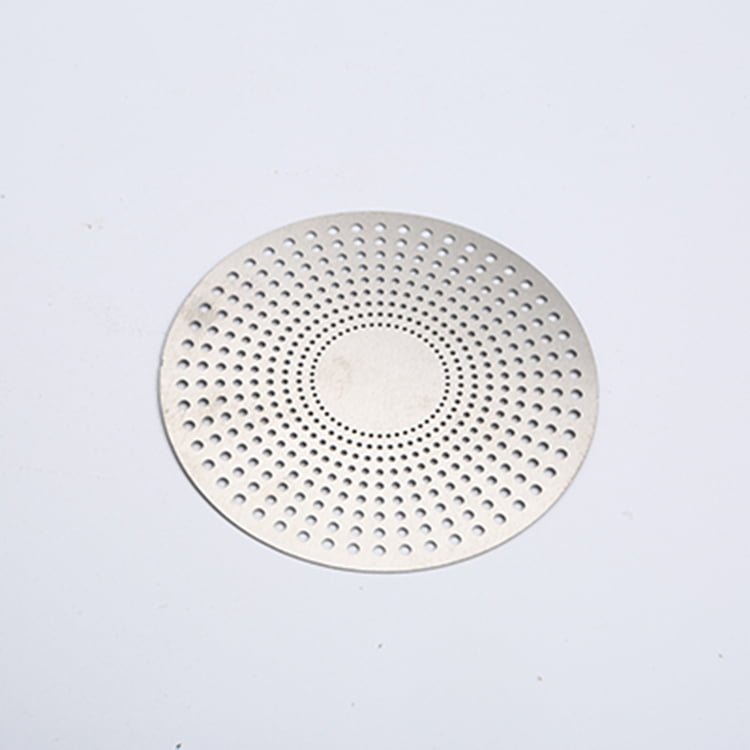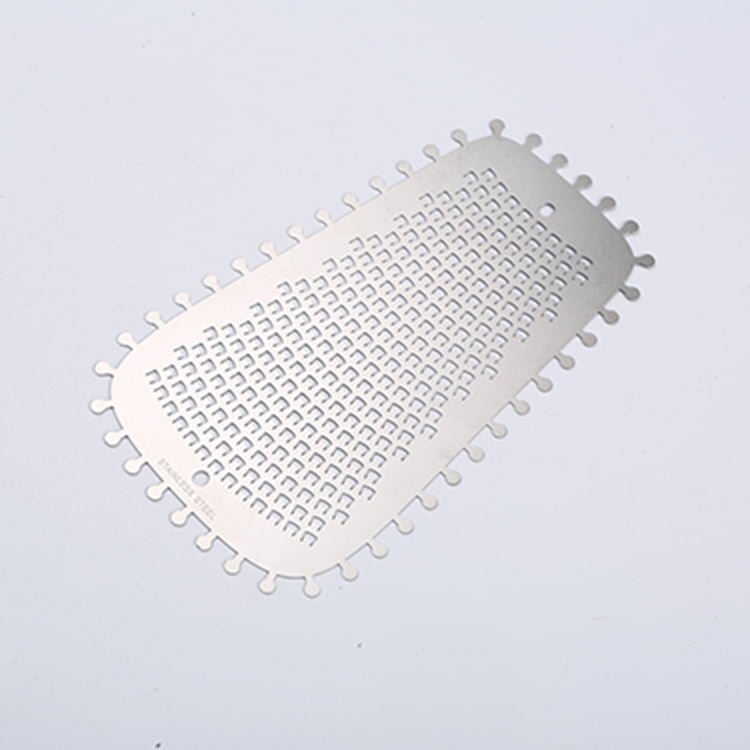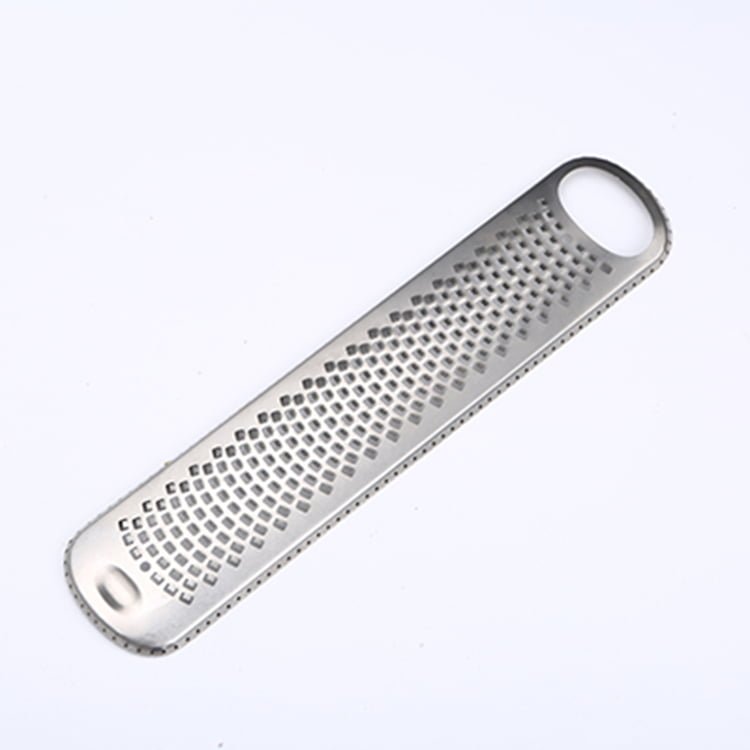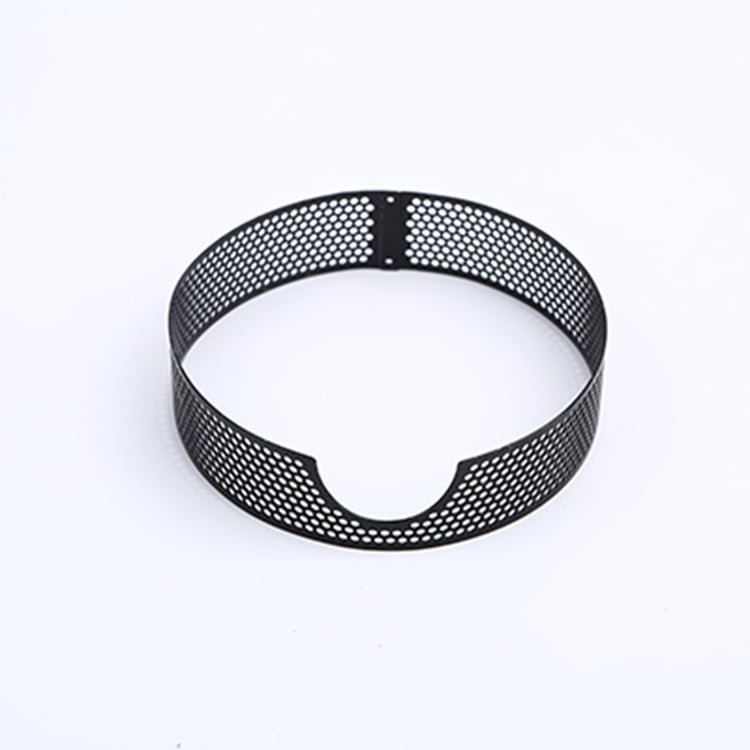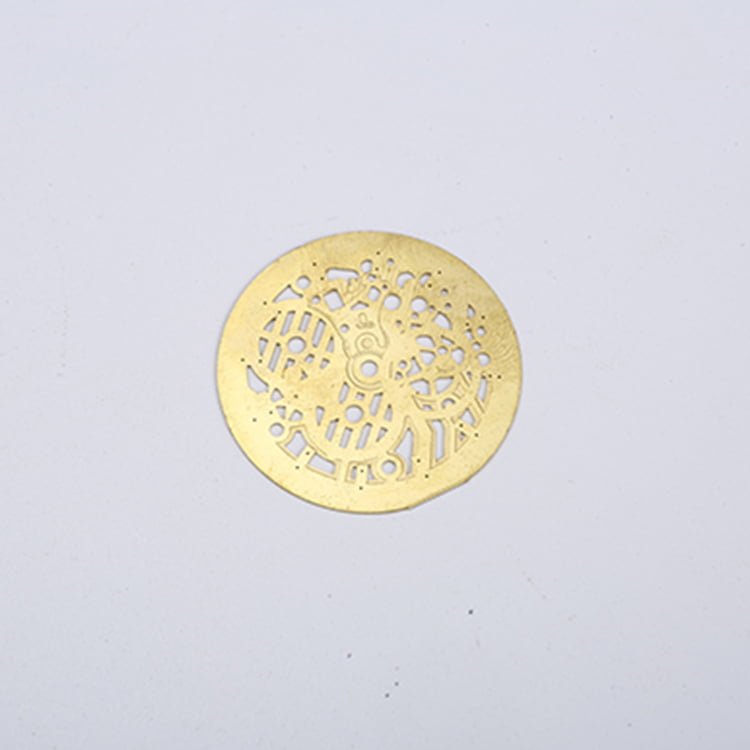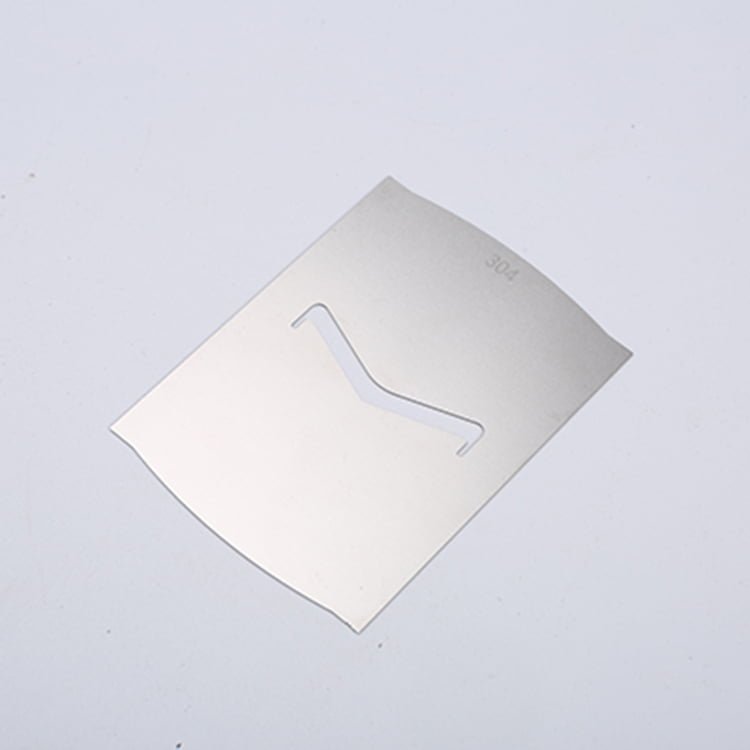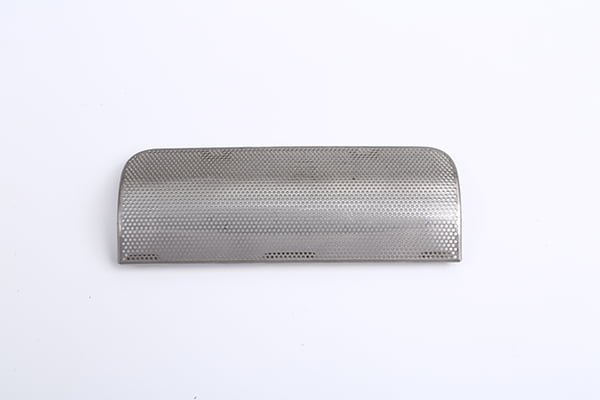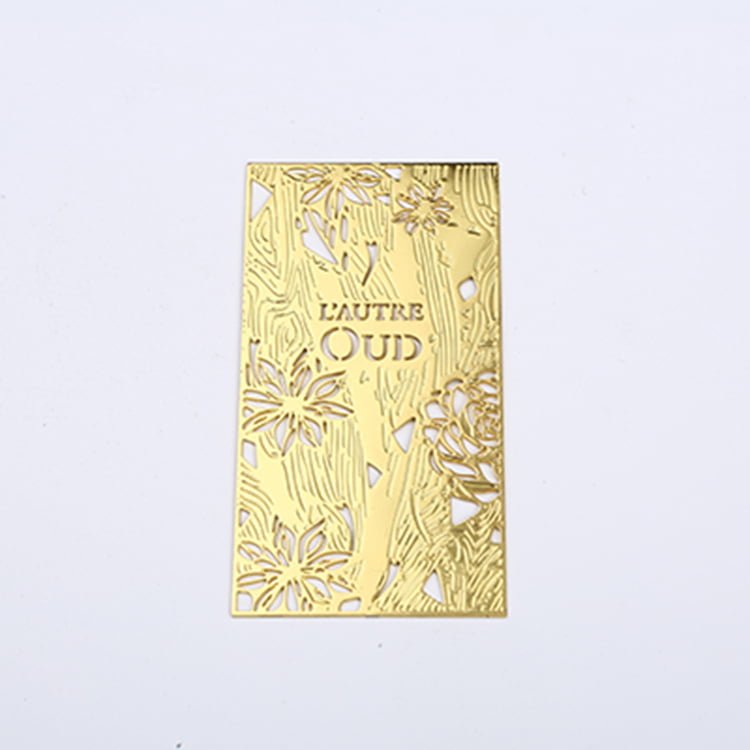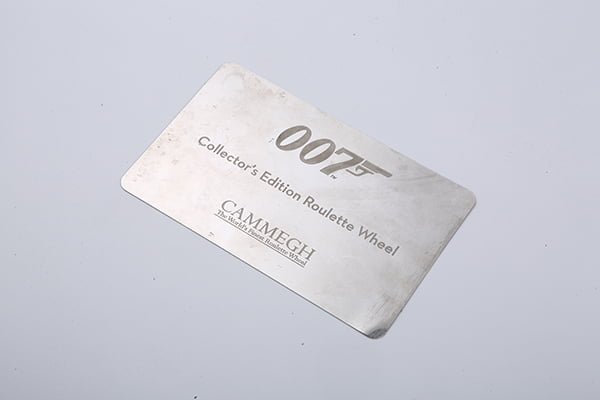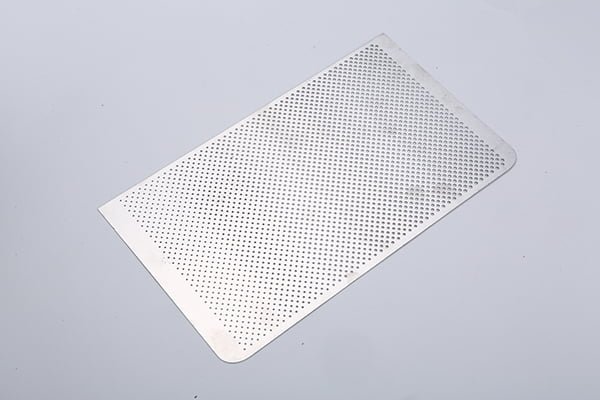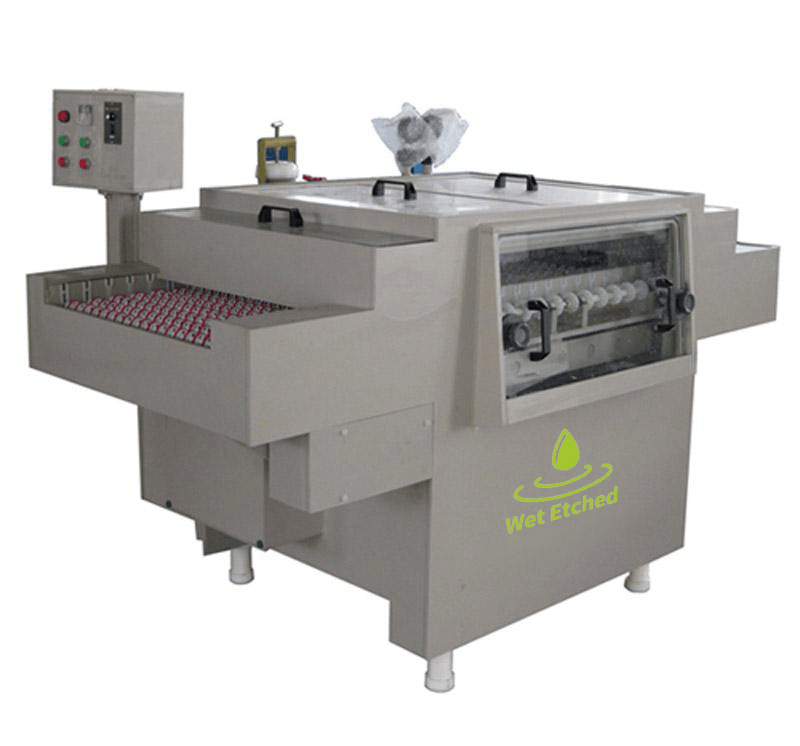Kovar, a popular alloy known for its low coefficient of thermal expansion, is widely used in precision machining for various industries, including electronics and telecommunications.
Our Packages
- From 1000pcs
- Samples from 100pcs
- Approx. 30 days (may vary depending on the difficulty of the drawing)
View our Kovar etching production facility
Types of Kovar and Etching Characteristics
Kovar consists of iron, nickel, and cobalt, with varying compositions to suit specific applications. Some common types of Kovar alloys include:
- ASTM F-15 Kovar: This alloy has a composition of 29% nickel, 17% cobalt, 53% iron, and trace amounts of other elements. It exhibits excellent thermal expansion properties and is widely used in hermetic sealing applications.
- Alloy 52: Comprising 52% nickel and 48% iron, this alloy offers a slightly higher thermal expansion coefficient than ASTM F-15 Kovar. It finds applications in electronic components, glass-to-metal seals, and high-frequency devices.
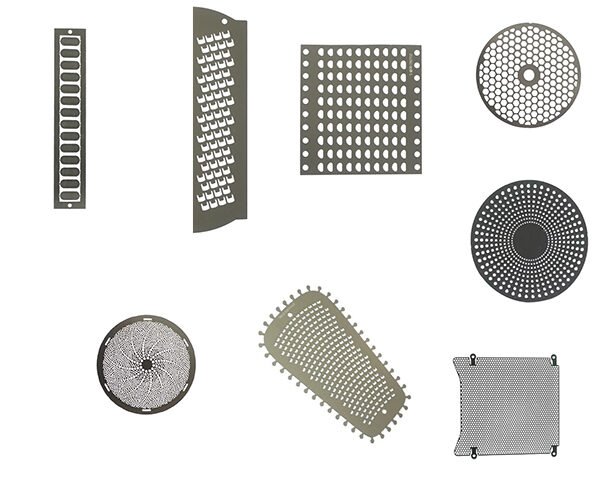
Advantages and Disadvantages of Kovar Alloys in Wet Processing
Each Kovar alloy possesses distinct advantages and disadvantages in wet processing and etching:
- ASTM F-15 Kovar: Advantages: Low coefficient of thermal expansion, ideal for glass-to-metal seals and hermetic packaging. Disadvantages: Relatively higher cost compared to other alloys.
- Alloy 52: Advantages: Suitable for high-frequency applications, glass-to-metal seals, and electronic components. Disadvantages: Slightly higher thermal expansion compared to ASTM F-15 Kovar.
Metal Etching Kovar
Metal etching precisely shapes and patterns Kovar components for various applications. The wet processing method involves metal etching machines and specific chemical etchants.
Common Chemical Etchants for Kovar:
- Ferric Chloride Etchant: Widely used for etching Kovar and its alloys, offers good control over etching rates.
- Cupric Chloride Etchant: Suitable for precise and controlled etching of Kovar materials.
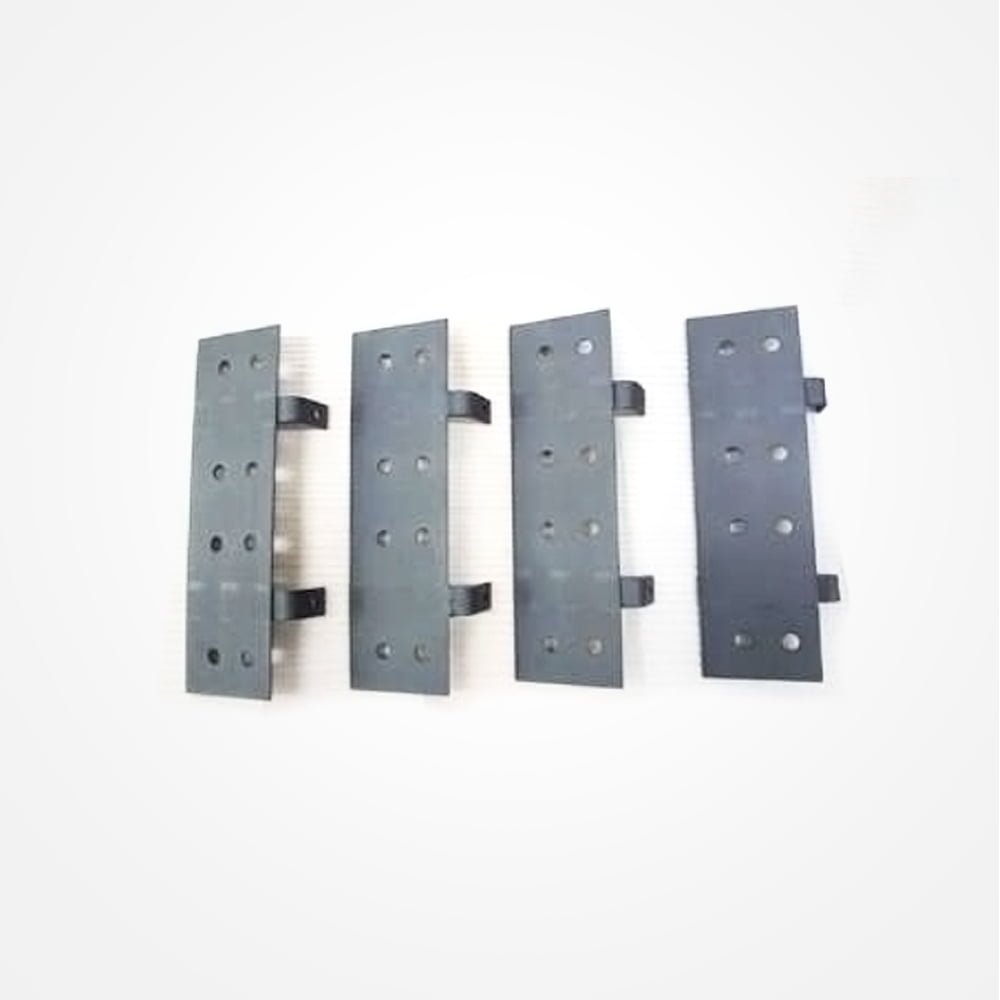
Precautions during Metal Etching:
- Follow safety protocols when handling chemical etchants, including proper ventilation and personal protective equipment.
- Adhere to etching time, temperature, and concentration to achieve precise etching results.
Kovar etching equipment
Wet Processing Equipment – Kovar etching machine
The Kovar etching machine is used to spray chemical solution to a copper-clad laminator, aluminum substrate, or stainless steel plate, the exposed copper, aluminum, and stainless steel are etched away, retaining the pattern or circuit covered by the corrosion-proof film, so as to achieve the purpose of making pattern or circuit.
This etching machine is an all-in-one small Kovar etching machine that is easy to install and can be used immediately after powering on.
Photo Etching Kovar
Photo etching is a precise and controllable process that uses light-sensitive masks to define patterns on Kovar surfaces. This technique enables intricate designs and high tolerances.
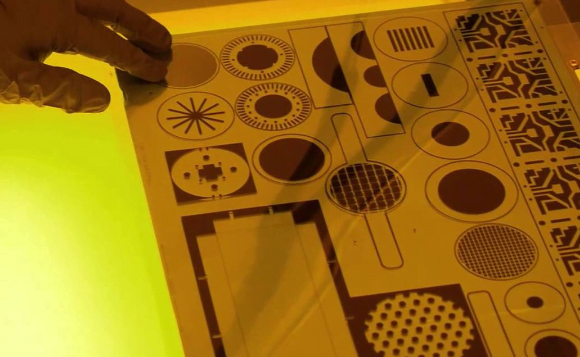
Etching precision machined Kovar materials involves understanding the different types, alloys, and their etching characteristics. The electroforming process, surface treatment, metal cleansing, and metal etching play pivotal roles in achieving precise and high-quality Kovar components. By selecting suitable processes and adhering to necessary precautions, manufacturers can harness the exceptional properties of Kovar for critical applications in electronics, telecommunications, and other industries.
View our metal etching products
how to etch Kovar?
Etching Kovar Processing Guidelines
| Metal Alloy | Etchant | Etching Temperature (°C) | Etching Concentration (%) | Estimated Etching Depth (microns) | Etching Quality |
|---|---|---|---|---|---|
| Etching Kovar | Ferric Chloride | Room temperature | 30% FeCl3 | 10-50 | High-quality (smooth) |
| Etching Kovar | Cupric Chloride | Room temperature | 15% CuCl2 | 10-40 | High-quality (smooth) |
The values provided are approximate and can vary depending on specific etching conditions, including exposure time and the condition of the Kovar surface. Always conduct test etches and adjust parameters as needed to achieve your desired results. Additionally, safety precautions should be followed when handling these chemicals.
If you have metal wet etching Kovar needs, please feel free to contact us.
FAQs
What metals can you use to customize my goods?
- Wet Etching Germanium
- Wet Etching Gallium Nitride (GaN)
- Wet Etching Indium
- Wet Etching Cobalt
- Wet Etching Tungsten
- Wet Etching Stainless Steel
- Wet Etching Aluminum
- Wet Etching Kovar
- Wet Etching Copper
- Wet Etching Steel
- Wet Etching Nickel
- Wet Etching Platinum
- Wet Etching Silver
- Wet Etching Rhodium
- Wet Etching Hafnium
- Wet Etching Vanadium
- Wet Etching Zirconium
- Wet Etching Titanium
- Wet Etching Niobium
- Wet Etching Tantalum
- Wet Etching Molybdenum
- Wet Etching Brass
- Wet Etching Rhenium
How quickly can I get your response?
Within 24 hours.
Will you do 100% inspection before shipping out the orders?
Yes we do.
Can I have prototypes or samples before placing the order?
Samples are always available.
Etching Kovar Samples
